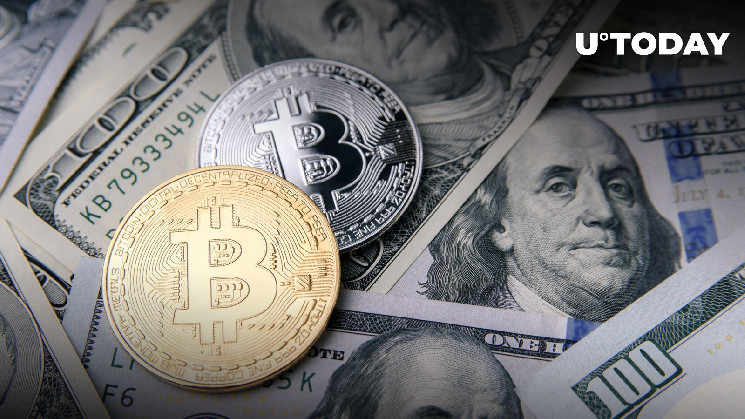Renowned economist Daniel Lacalle has voiced concerns about the future of the US dollar, not as a consequence of cryptocurrencies like Bitcoin, but due to the fiscal policies.
Lacalle points to the alarming increase in national debt, which has surpassed $34 trillion, growing by $1 trillion every hundred days.
This trend, he argues, is unsustainable, particularly in a period touted as a recovery, marked by strong employment growth and rising earnings.
The unsustainable path of debt accumulation
The crux of Lacalle’s argument lies in the sheer velocity of debt accumulation in relation to the country’s GDP growth, which, adjusted for the accumulation of public debt, was the worst since 1930.
The economist underscores the paradox of experiencing what is ostensibly strong economic performance while the national debt balloons at an unprecedented rate. He challenges the perception of recovery, pointing out the diminishing purchasing power of salaries and the increasing financial strain on American families, exacerbated by negative real wage growth.
Lacalle takes aim at Modern Monetary Theory (MMT), a controversial economic theory that some interpret as providing carte blanche for governments to engage in unlimited spending, provided they control their own currency.
The theory posits that the only real limit to government spending is inflation.
However, Lacalle argues that the US’s continued fiscal expansion, despite an official inflation rate of 20% over four years, demonstrates a reckless disregard for the long-term health of the economy and the dollar. He warns that MMT’s ideological allure masks the grave dangers of its practical application, ultimately burdening families with the consequences of fiscal irresponsibility.
The real threat to the US Dollar
Despite Bitcoin’s remarkable price surge, surpassing $62,000 amid rising national debt and inflation, Lacalle argues that the cryptocurrency is not the primary threat to the dollar’s status as the world’s reserve currency. Instead, the erosion of confidence in the US government’s fiscal and monetary policies poses a far greater risk.
He forewarns that the loss of monetary sovereignty can happen abruptly when faith in a government’s fiscal discipline evaporates, leading to a vicious cycle of increased borrowing costs, higher inflation, and ultimately, the potential dethronement of the dollar.

